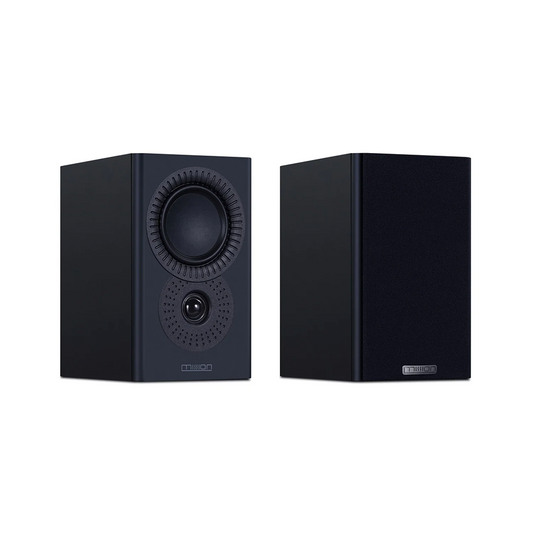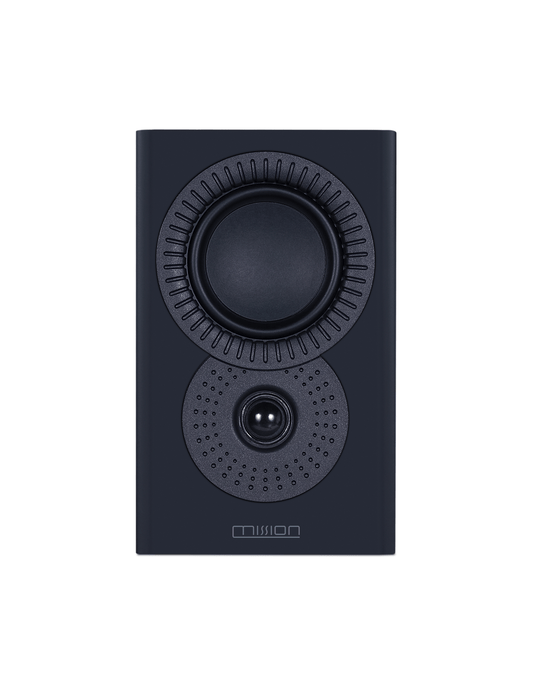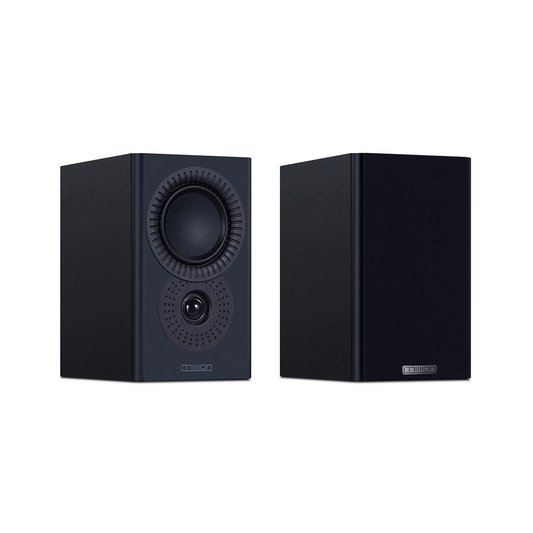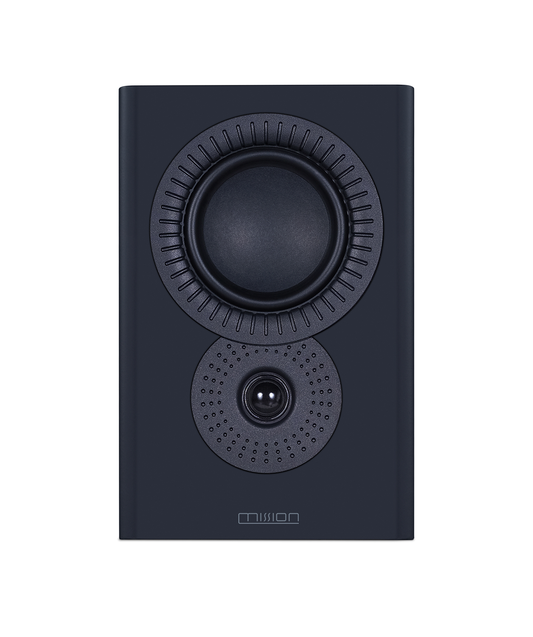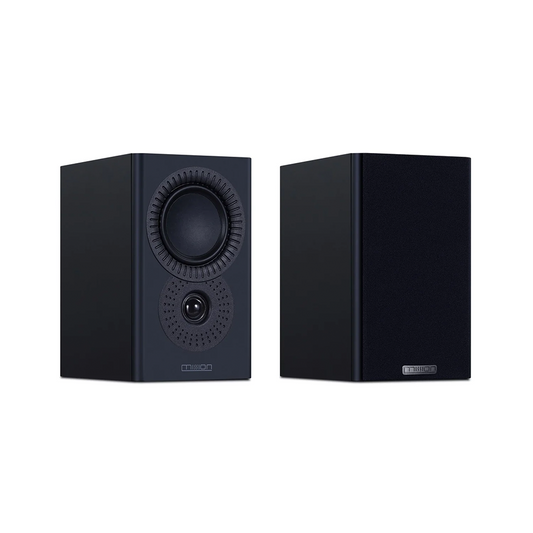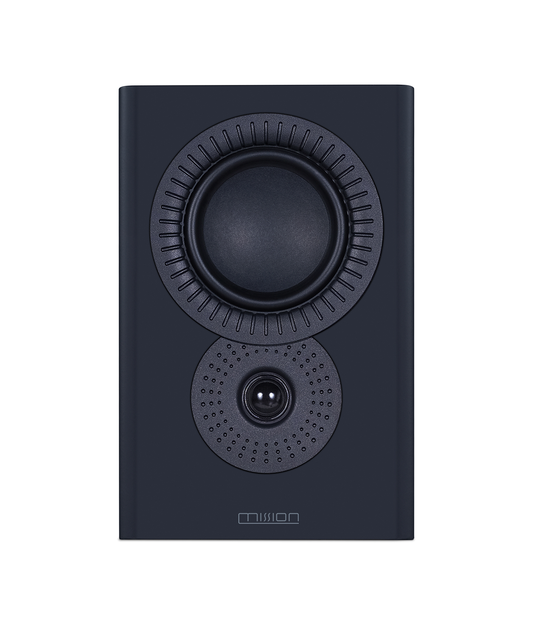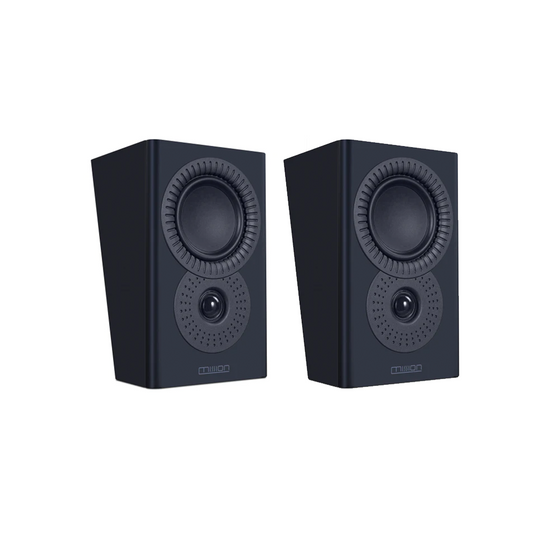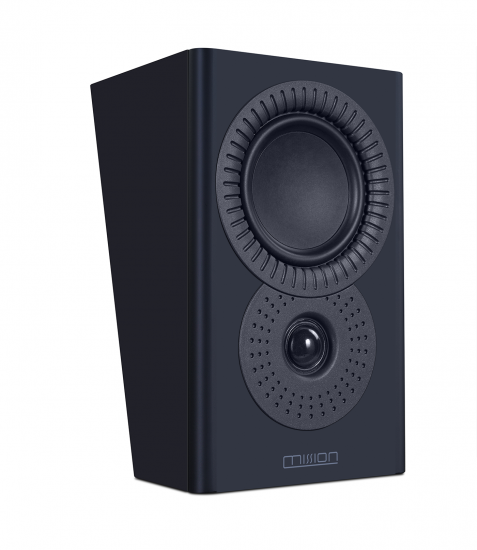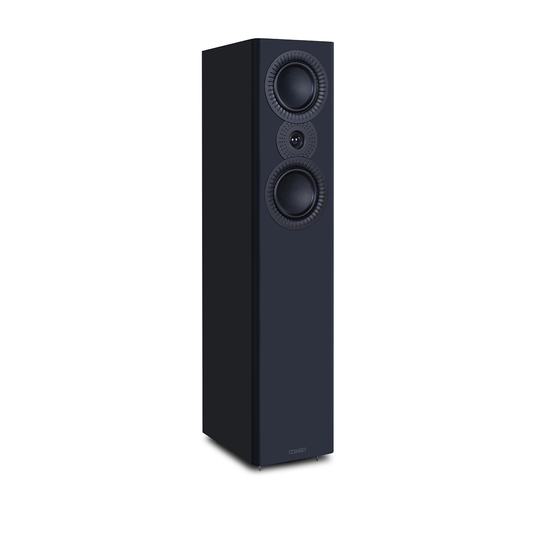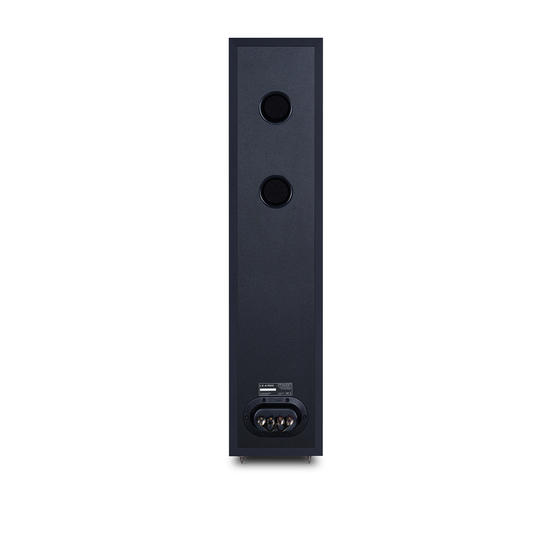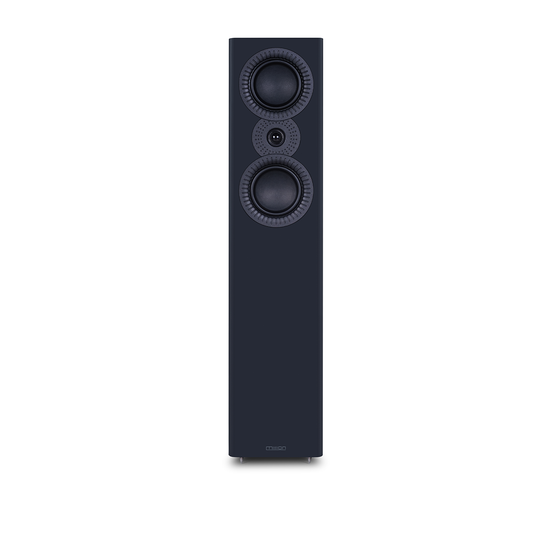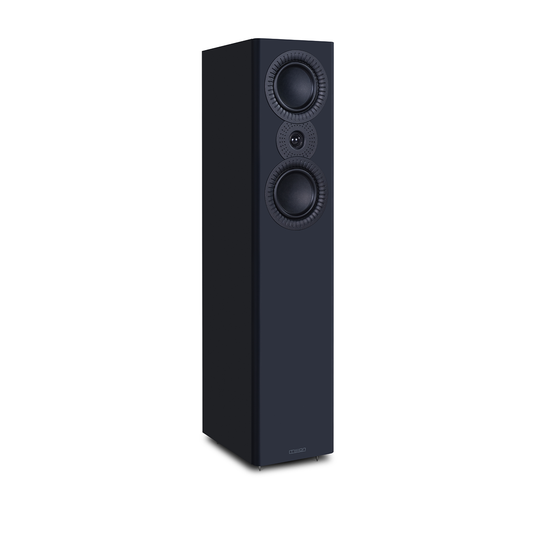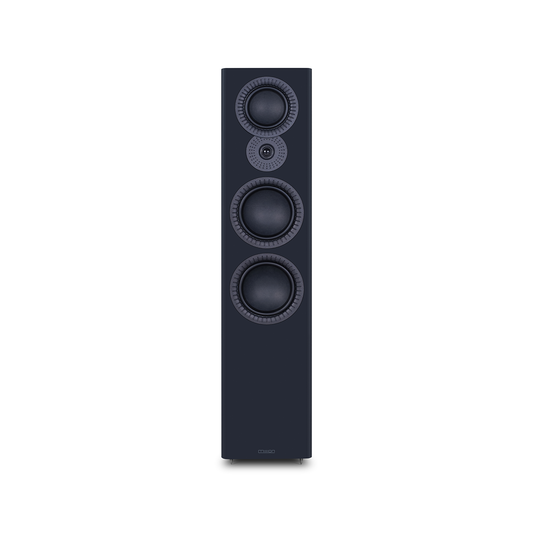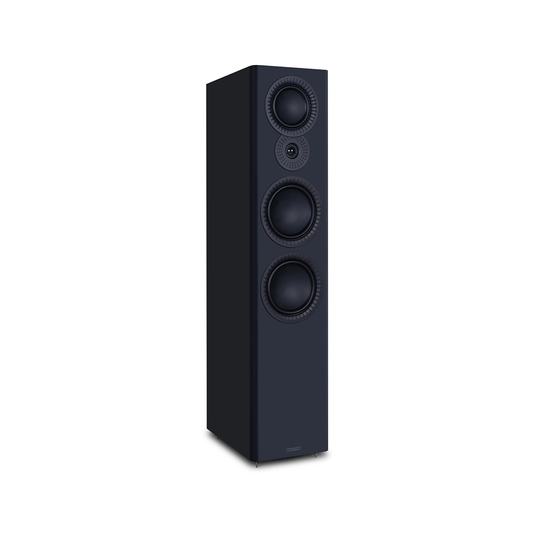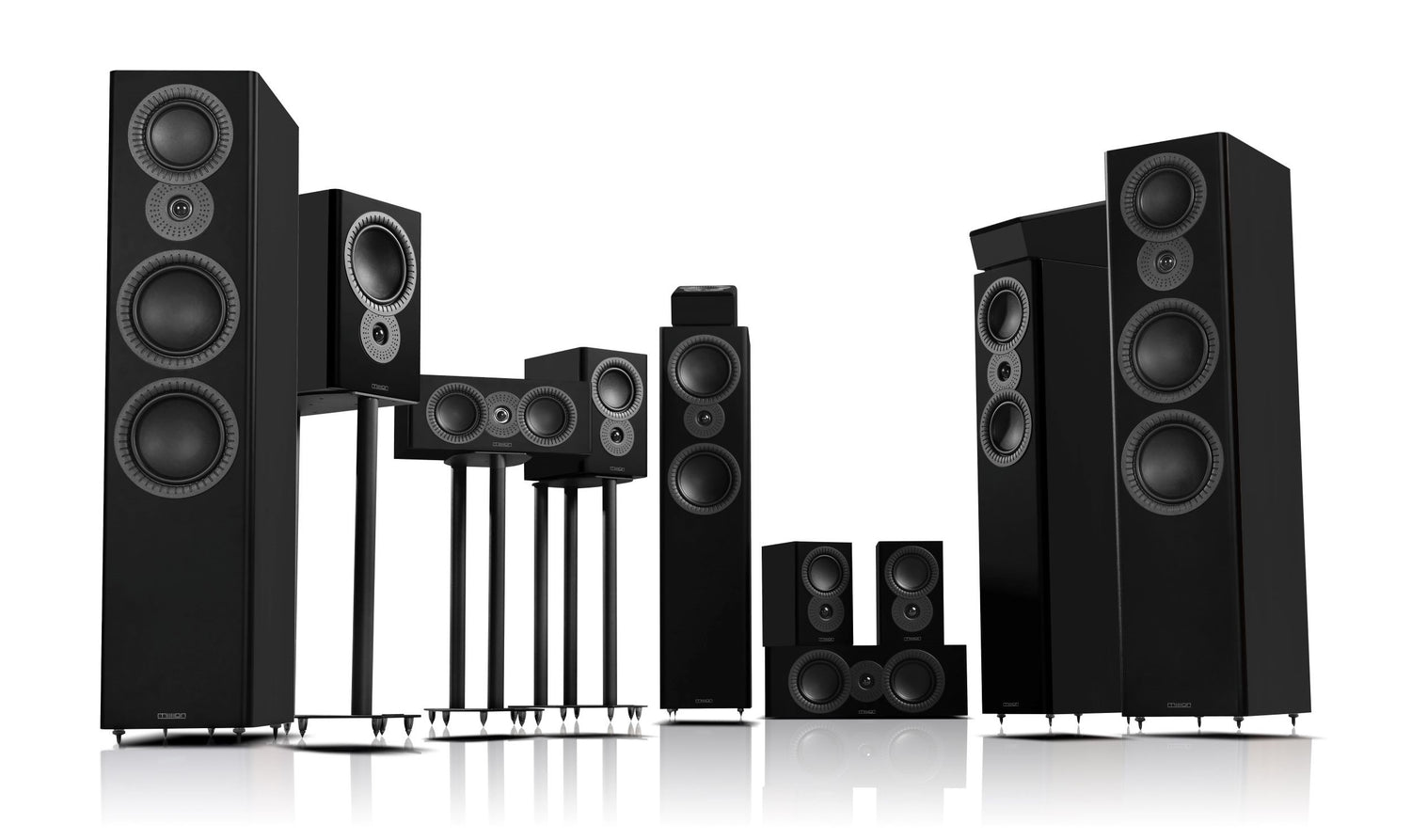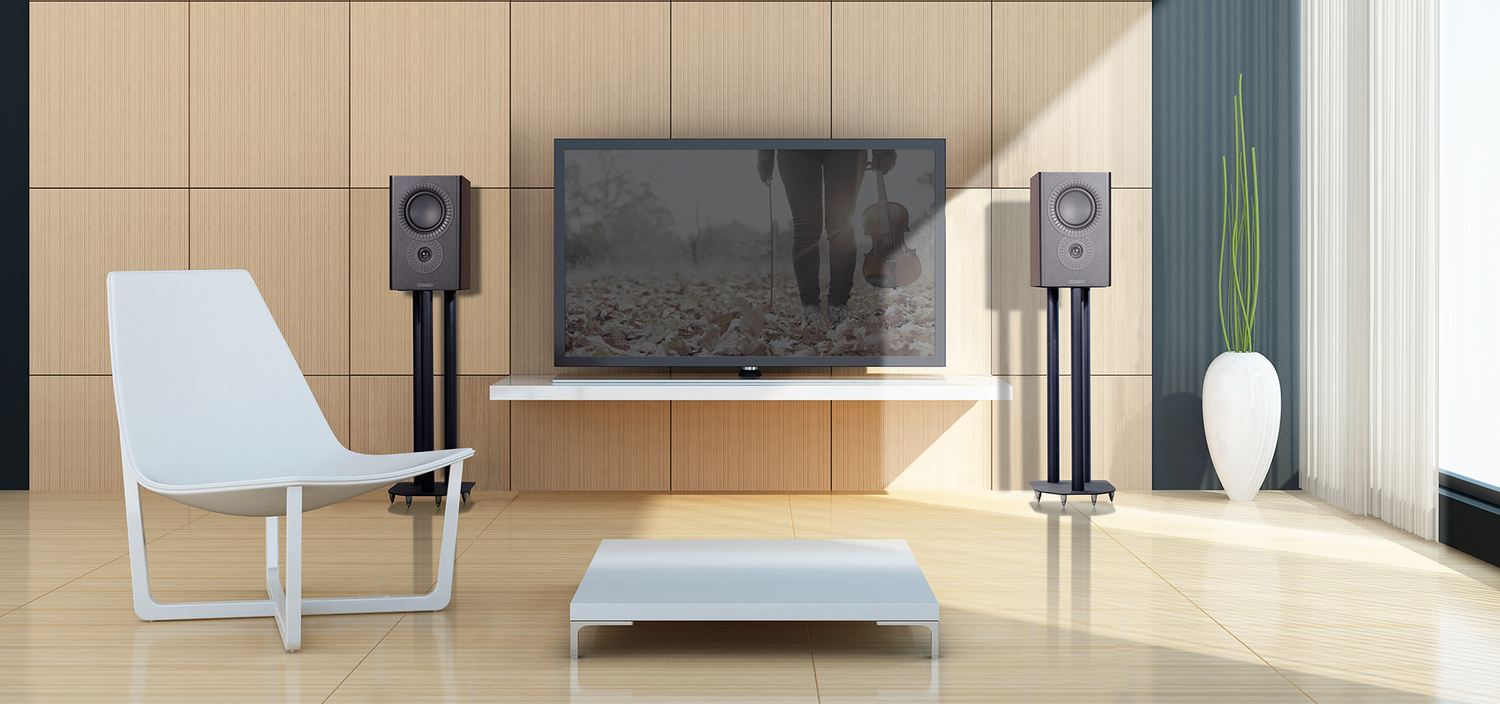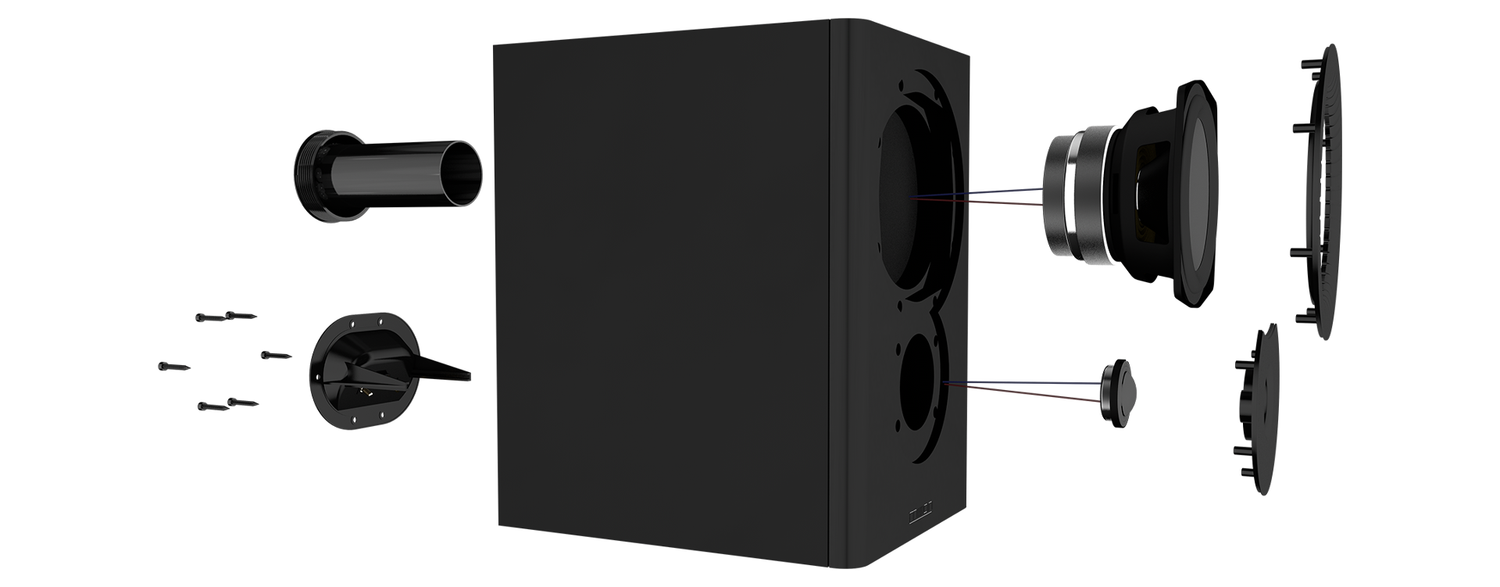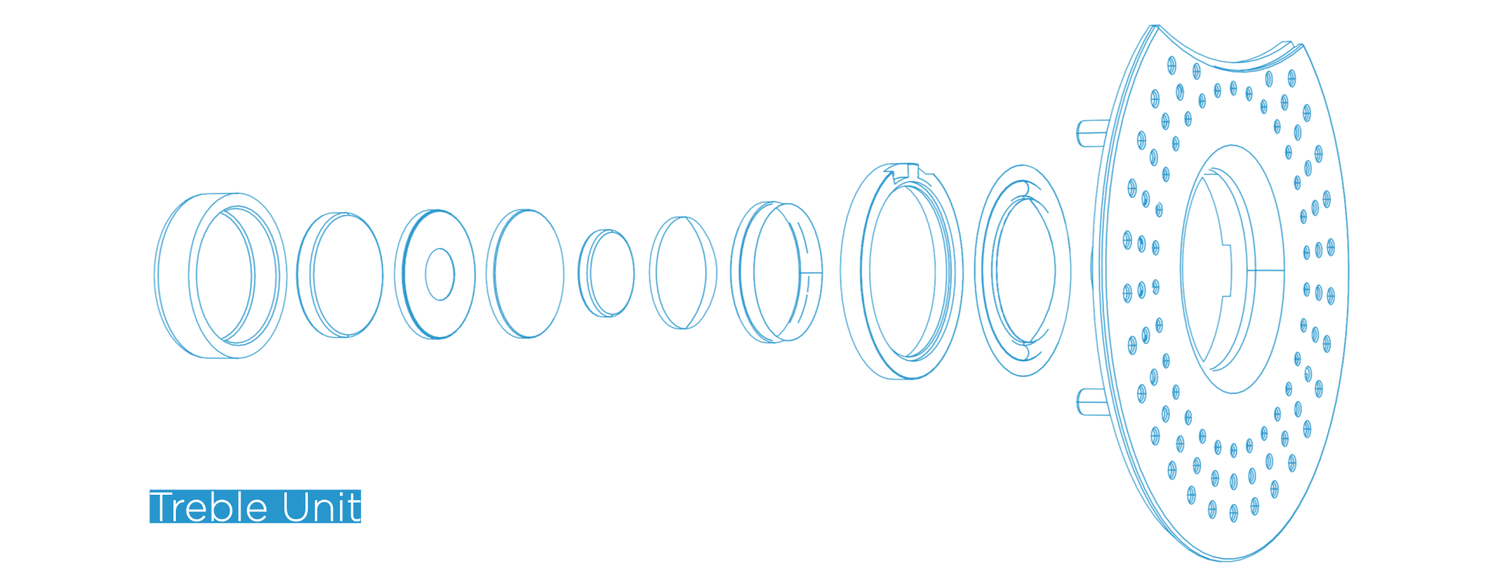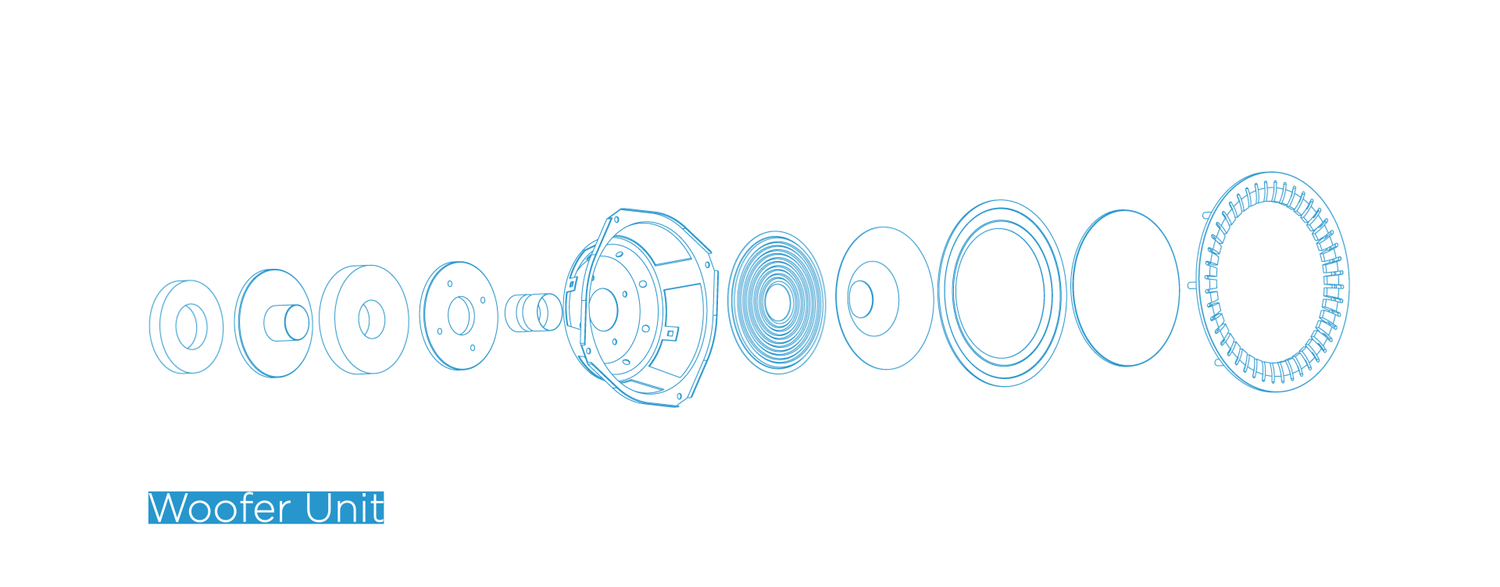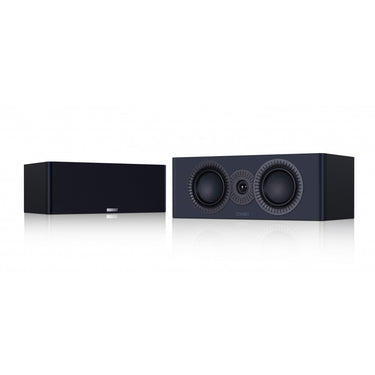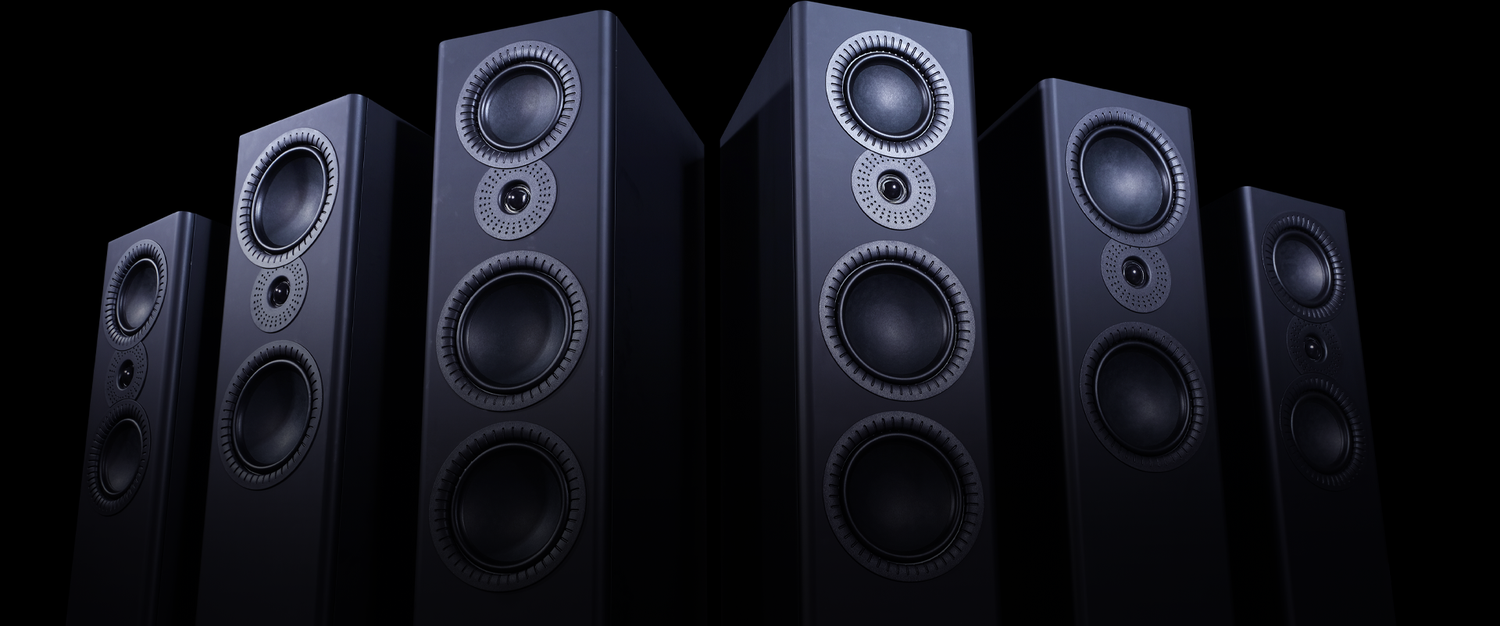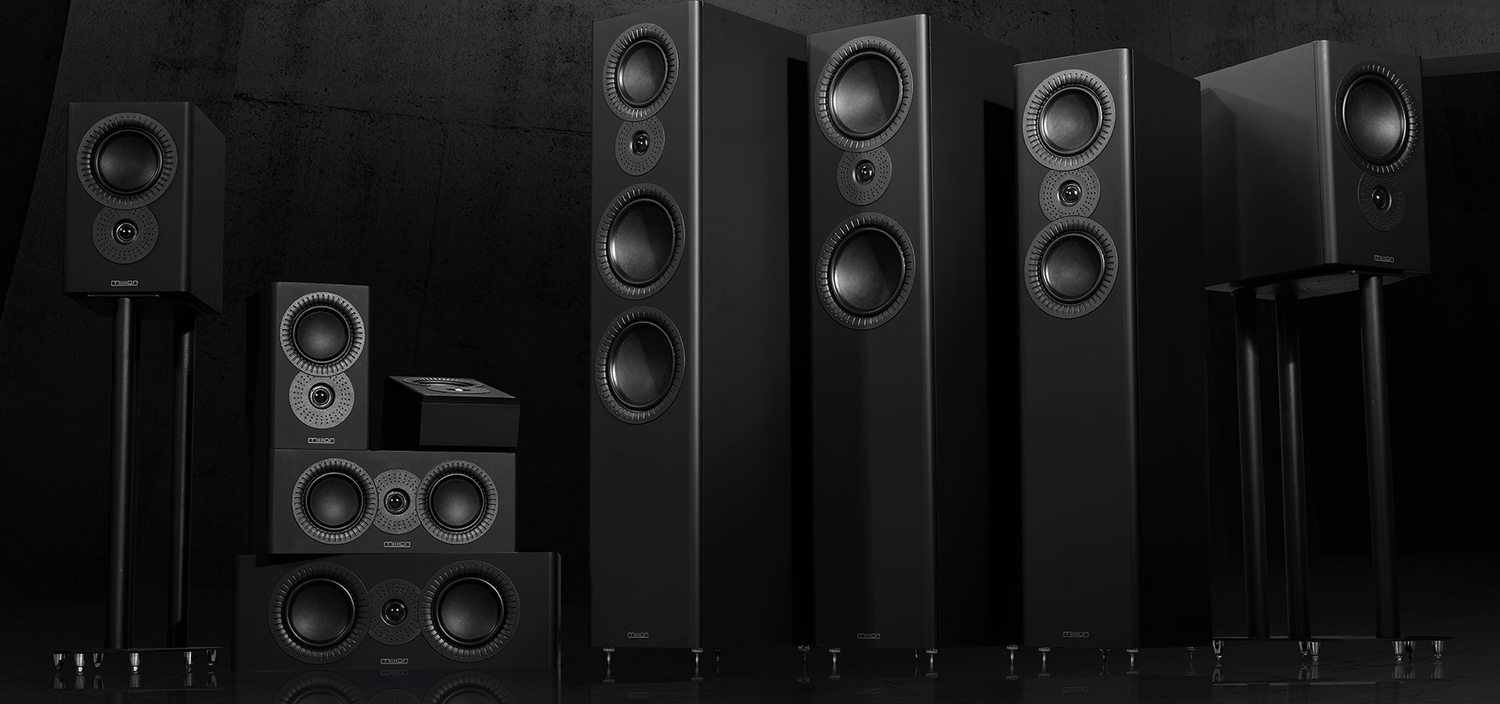-
LX-1 MKII 4" Bookshelf Speakers (Pair)
Regular price $349.99 USDRegular priceUnit price per -
LX-2 MKII 5" Bookshelf Speakers (Pair)
Regular price $449.99 USDRegular priceUnit price per -
LX-3 MKII 6.5" Bookshelf Speakers (Pair)
Regular price $549.99 USDRegular priceUnit price per -
LX-3D MKII 4" Atmos/Surround Speakers (Pair)
Regular price $399.99 USDRegular priceUnit price per -
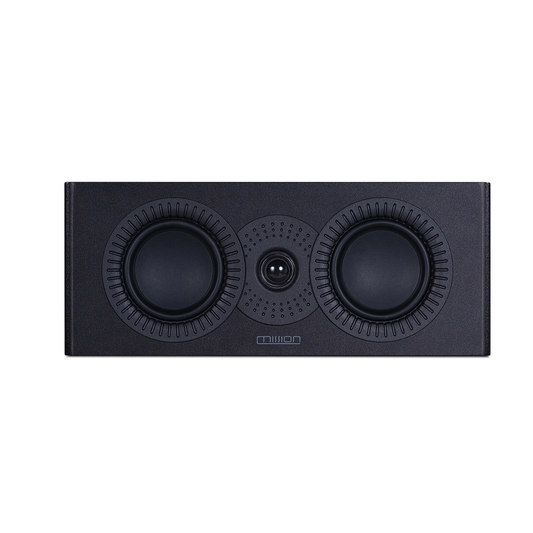
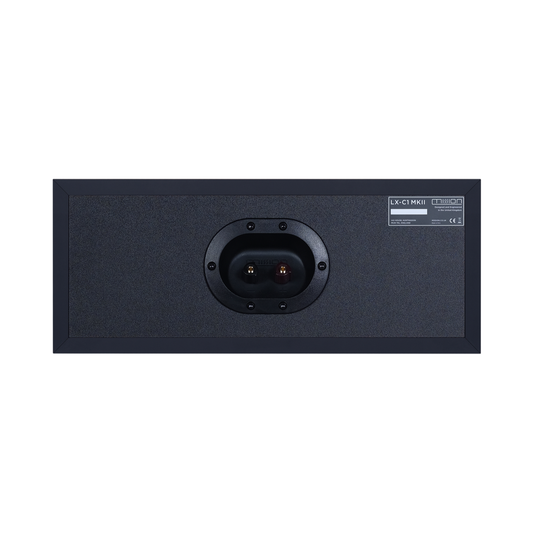 Sold Out
Sold OutLX-C1 MKII 4" Center Channel speaker
Regular price $369.99 USDRegular priceUnit price per -
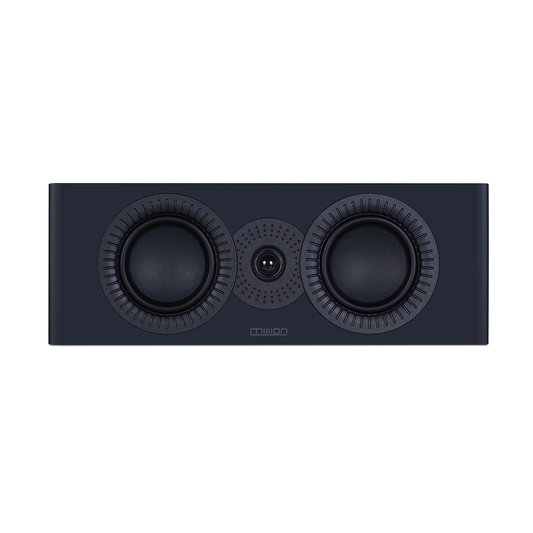
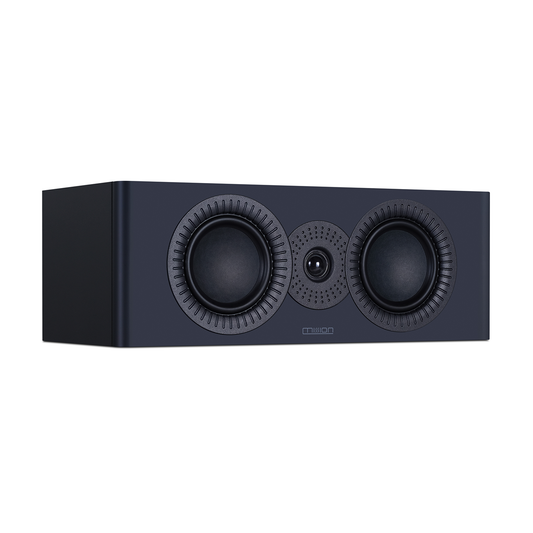 Sold Out
Sold OutLX-C2 MKII 5" Center Channel speaker
Regular price $399.99 USDRegular priceUnit price per -
LX-4 MKII 5" Floorstanding Speaker (Each)
Regular price $349.99 USDRegular priceUnit price per$699.00 USDSale price $349.99 USDSale -
LX-5 MKII 6.5" Floorstanding Speaker (Each)
Regular price $399.99 USDRegular priceUnit price per$999.00 USDSale price $399.99 USDSale -
LX-6 MKII 6.5" Floorstanding Speaker (Each)
Regular price $549.99 USDRegular priceUnit price per$1,199.00 USDSale price $549.99 USDSold Out
Since its formation in 1977, legendary British loudspeaker manufacturer Mission has been famed for delivering compelling musicality at affordable prices. The company’s LX Series continued this legacy when it launched in 2016, earning excellent reviews and an impressive collection of awards in the UK and around the world.
Four years on and Mission is ready to unleash a new, improved LX range – the LX MKII Series. The new line-up utilises design elements evolved from the upmarket QX Series to build on the award-winning formula of the first-generation LX speakers, sporting a range of improvements that span the drive units, crossover and cabinet. With enhanced midrange and treble clarity and improved resolution of micro-dynamics, the Mission LX MKII Series delivers an even more thrilling listener experience.
The first thing to note is that the range has been extended. Whereas the original LX Series consisted of six models – two standmount speakers, three floorstanders and a centre speaker for home cinema systems – the LX MKII range comprises nine. There is an additional standmount model, a choice of two centre speakers instead of one, and a dedicated surround speaker that can be wall mounted or sited on top of the floorstanding models as an upward-firing effects speaker.
Every speaker within the LX MKII Series is carefully designed to deliver maximum sonic expression with minimum compromise, despite the ‘budget’ price tags. The design team has fully optimised the performance of each model using sophisticated modelling tools and software, yet Mission’s slogan, ‘Music leads, Technology Follows’, has never been more apt. Months of fine-tuning and rigorous listening tests have ensured that these speakers communicate with engaging energy and detail, bringing music to life with all the vibrancy and finesse one expects of Mission speakers.
The art of
compromise
By its very nature, speaker design is about balancing variables and finding the best possible compromise. At entry-level price points, where the cost of production is most constrained by the need to hit a specific retail price, the necessity of compromise is at its greatest. But does one have to accept that a ‘budget’ speaker will always deliver a ‘budget’ performance? Mission’s designers are not the easily accepting kind. They push for greatness in design, whereas most would be happy to stop at ‘good’.
What makes a great loudspeaker? What makes it sing? For Mission, the answer is simple: in a well-matched system, the speakers have to allow the performance of the music to shine through. It’s not a group of notes; it’s a performance. It’s not all about frequency response, impedance, sensitivity and directivity, although they all play a part. To paraphrase a famous expression, it’s the music, the whole music and nothing but the music – and that, in a nutshell, is Mission’s philosophy.
Feel the high
High-frequency drive units require extremely consistent parts and manufacturing in order to be selected for a Mission speaker. Given the tiny moving masses involved, one micro-drop extra of high-tech adhesive can destroy the balance of the design, thus affecting sensitivity and frequency response. For the LX MKII Series, Mission has meticulously designed a tweeter with a neodymium magnet, selected for maximum magnetic force in a small space, and a 25mm microfibre dome, chosen for its light weight and consistency in manufacture. It delivers sweetly incisive high frequencies – crisp and detailed with impressive transient attack.
Dishy drivers
The LX MKII Series features a new version of Mission’s DiaDrive bass/midrange drive unit, where the usual cone and dust cap arrangement is replaced by a seamless curvilinear diaphragm. This is directly driven by a secondary sub-cone connected to the voice coil, improving the efficiency of drive and providing superior control of the smoothly dished diaphragm.
The diaphragm itself is fashioned from an advanced dual-layer fibre formulation, selected for its reduced susceptibility to hygroscopy as well as being very stiff for its mass with excellent self-damping. A high-strength ferrite magnet ensures that the magnetic field is directed precisely within the area of voice coil excursion, enabling an ultra-linear performance and excellent transient response.
Sound with teeth
One of the critical areas highlighted by the development of Mission’s upmarket QX speakers is the use of ‘comb-tooth’ serrations in the driver surrounds to help scatter interfering reflections from localised surfaces to the bass/mid cones. The LX MKII Series incorporates similar serrations in the main driver surrounds, as well as indentations around the tweeter, adding further finesse to the drive unit outputs and providing a smoother frequency response than the previous generation of
LX speakers.
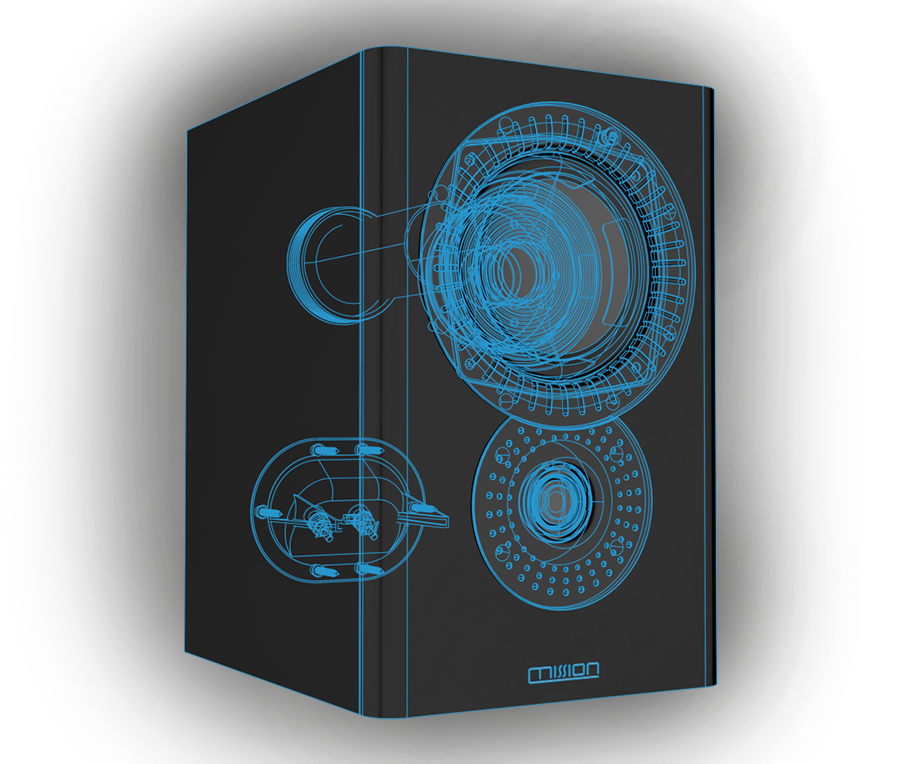
Networking skills
With minor perturbations in the driver response ironed out, each model’s crossover network has been optimised to take advantage of the improved performance. The LX MKII Series uses a 4th order (24dB per octave acoustic) Linkwitz-Riley network, developed with advanced computer modeling and many hours of listening tests, to knit the drivers together seamlessly. It is particularly notable for its ability to balance excellent off-axis performance with a flatter on-axis result.
Driver inversion for musical immersion
The three standmount models in the range feature DiaDrive units positioned according to Mission’s Inverted Driver Geometry (IDG), with the bass/mid driver sited above the treble unit rather than below to aid time-alignment – a Mission trademark since the 1980s. Placing the bass/mid driver closer to ear level with the treble unit positioned beneath helps to equalise the path lengths from the two drivers’ acoustic centres, so that the sound waves coincide at the listener’s head height.
The two-way LX-4 MKII and LX-5 MKII floorstanders extend IDG to a full D’Appolito array, siting the treble unit between a pair of DiaDrive bass/mid units – one above, one below. The largest model in the range, the LX-6 MKII, is a three-way design, with a dedicated midrange driver positioned above the tweeter, and a pair of bass drivers stationed below.
Boxing clever
The cabinet is as critical as the drive units and crossover to the overall performance of any loudspeaker system. Designing an effective low-cost box is tricky, as budget dictates that the designer cannot use expensive materials or high mass to create an inert structure.
With the help of 3D Computer-Aided Design, finite element analysis and laser interferometry, coupled with a great deal of experience, a budget cabinet can be designed that delivers better rigidity with lower radiated noise than many would believe achievable at such low material cost. As part of the critical fine-tuning of the new models, judicious placement of extra internal damping fibre inside the rear-ported cabinet has reduced the level of midrange colouration and improved the bass transient attack.
As the Mission LX MKII Series emphatically proves, like many Mission designs before it, budget loudspeakers can truly sing, whilst also being smart, practical and unfussy in terms of positioning.
“Mission loudspeakers have been thrilling music lovers with powers of communication that far exceed their affordable prices for more than 40 years,” said peter Comeau, Mission’s Director of Acoustic Design. “I’m proud to have been involved in the design of many of these speakers since my first association with Mission in 1999. We’ve won many awards over the years, but nothing Mission has produced can eclipse the sheer value-for-money offered by the LX MKII Series – we’ve worked tirelessly to improve upon the already excellent LX Series, ensuring these speakers reward the modest investment required to own a pair with a thoroughly engrossing musical experience.”
The Mission LX MKII Series is in a choice of soft-touch matt black or white, or walnut for those who prefer a wood-style finish.

